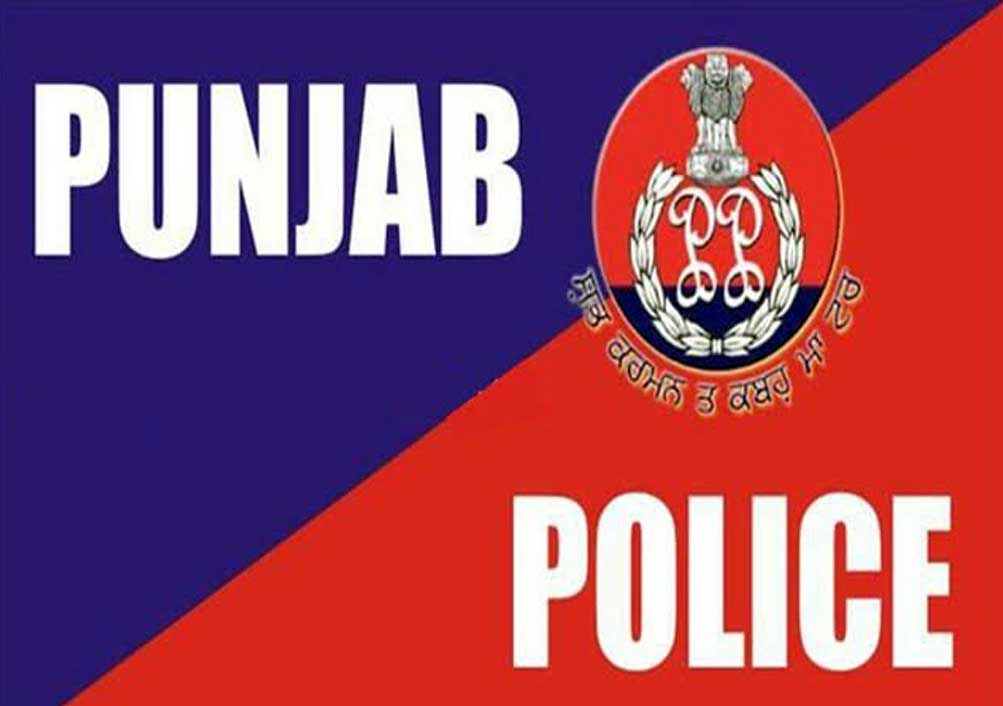Mere recommendation of Superintendent of Police at initial stage is not sufficient to claim right for promotion: Top Court while referring to Punjab Police Rules, 1934

Read Judgment: Sushil Kumar V. The State of Haryana & Ors.
Pankaj Bajpai
New Delhi, January 24, 2022: While referring to Punjab Police Rules, 1934, the Supreme Court has opined that the merits and accolades of the candidates recommended for promotion vary from year to year on a comparative merit scale, and hence, it is the domain of the Inspector General of Police (IG) as also the Central Departmental Promotion Committee (CDPC) to analyze, consider and clear the names of the candidates found fit to be promoted in the List B-I to the post of Head Constable for that year.
A Division Bench of Justice K.M.Joseph and Justice Pamidighantam Sri Narasimha observed that the recommendation of the Departmental Promotion Committee (DPC) does not give any indefinite right to be appointed as Head Constable, and hence, it can never be contended that mere recommendation of the Superintendent of Police (SP) at the initial stage is sufficient to claim a right for promotion.
Going by the background of the case, Sushil Kumar (Appellant) was appointed as a Constable in the year 1995 and was positioned as a Head Constable under the extent ORP Policy on Aug 21, 2001. Due to his acts of bravery his name was recommended by the SP for promotion under the 10% quota of outstanding performance for inclusion in the B-I List for promotion to the post of Head Constable. However, the Appellant’s name was dropped down by the IG, when only 7 out of the 9 names were forwarded to the CDPC. Three years thereafter, his name was again forwarded by the SP and this time it was passed by the IG, by virtue of which he was granted promotion and was made the Officiating Head Constable.
However, the appellant filed a writ seeking retrospective promotion contending that he should have been promoted in the year 2004 itself and that the delay in appointing him in 2008 was illegal and arbitrary. However, the petition was dismissed on the ground that selection is not a matter of right. Hence, present appeal.
After considering the submissions, the Top Court found that the assumption that the recommendation of DPC headed by the SP is final and that the IG has no power to review or substitute the decision is misconceived.
The Punjab police Rules, 1934 itself clarifies the position that the recommendations of the SP are not final until the same is approved by the IG, and therefore, if the IG is not satisfied, he shall not accord approval, added the Court.
Speaking for the Bench, Justice Narasimha noted that the scope of the power vested in the IG is also indicated in the Rule which provides that he can seek clarifications from the DPC and also refer the List back to the SP for corrections/omissions if he thinks it is necessary.
The 10% quota for constables having outstanding performance will be filled on the basis of State level comparative merits, and there is a three-stage scrutiny before a constable is selected as a Head Constable, added the Bench.
The Apex Court therefore dismissed the appeal and concluded that in judicial review proceedings, the Courts are concerned with the decision-making process and not the decision itself.
Sign up for our weekly newsletter to stay up to date on our product, events featured blog, special offer and all of the exciting things that take place here at Legitquest.




Add a Comment